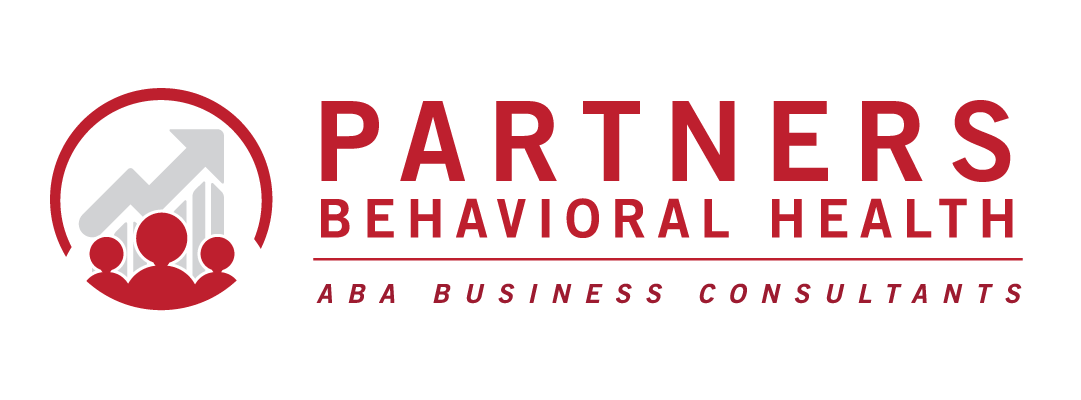When financing an ABA practice, several options are available to practitioners and ABA entrepreneurs. The right financing option will become clear depending on your personal (or family) financial situation, business model, and risk appetite. This article will help you learn about financing strategies and the best path for you. We highly recommend consulting a financial professional to help you consider all options in your specific situation.
For clarity, none of the following is to be considered investment advice.
The Role of a Bank Line of Credit in Funding an ABA Practice
One of the most common options for financing an ABA practice is through a bank line of credit. This revolving credit option offers businesses the flexibility only to pay interest on the portion of the utilized loan. Not only does this lower interest payments, but it also provides your ABA practice with the necessary liquidity to keep operating. A bank line of credit often serves as a bridge between receivables and unforeseen expenses that may arise in the day-to-day operations of your practice. Each bank will have different requirements to qualify based on income, personal net worth, and more. If you qualify this can be a tremendous founder-friendly financing option that allows you to keep more ownership in your practice. Lines of credit can vary in size between $10k-250K (or more) and can be approved in as little as one month.
SBA Loans: A Low-Cost Alternative for Financing ABA Practice
Next up on the list of financial options for ABA practices is SBA loans. They come with a long and detailed underwriting process as a low-cost alternative. The US government backs a meaningful percentage of SBA loans allowing the bank to increase their risk profile, making it possible to get funded. The downside is that the loans typically have strict protocols, limiting flexibility on the use of the proceeds. If you need a long-term loan, an SBA loan can be an excellent option for your ABA practice. Lastly, please note if your loan is over $350K the SBA and bank fees may add up, negating the low-cost advantage.
Friends and Family Capital: A Classic Source of Small Business Lending
Turning to friends and family for financial support is a time-tested strategy for small businesses, including ABA practices. Given the personal ties, terms are often flexible. However, these relationships might be strained if the company encounters difficulties. Before accepting money from friends and family, it’s critical to imagine the stress that could come if things don’t go well. For many, it’s too much responsibility and can be detrimental. On the other hand, many of the best companies in America were founded with investment from support from family. If you go this route, communicate frequently, give monthly updates, and distribute dividends on time. The key to success here is communication, clarity, and honesty.
Factoring: Flexible and Fast, but at a Cost
Factoring financing is another avenue for ABA practices that refers to factoring companies paying outstanding invoices quickly to limit receivables and give you cash now. The factoring company makes money by charging a fee of 2-10% (or more) of the invoice when the customer actually pays. The advantage here is the speed of underwriting and the flexibility in negotiation and expansion options. The downside is that these benefits come at a higher cost. Despite the price, factoring remains an attractive choice due to its extensive advantages, and it’s essential to consider that the term “expensive” should be viewed in context; if you need cash quickly, paying a higher rate might be worth it.
Merchant Cash Advances (MCAs): A High-Cost, High-Risk Solution
Lastly, we have Merchant Cash Advances (MCAs). This financing option comes with very quick underwriting and funding. Yet, MCAs come with prohibitively high costs. They can be dangerously addictive, with the risk of the business potentially going under. As such, it’s difficult to recommend an ABA practice to secure an MCA.
Equity Financing
Equity financing involves the exchange of a portion of your company (shares) for capital – it’s the partial sale of your company. It may be a good option if you need cash but also can offer strategic advantages. Equity financing may come from different sources such as investors or family or friends. Aligning yourself with investors who share your personal and professional values is essential. Preparing in advance for this arrangement can help maximize your financial value. (Let me know if you have questions about this).
Final Thoughts
Financing an ABA practice is no small task, and choosing the right financing option cannot be overstated. Whether it’s a bank line of credit, SBA loan, friends and family capital, factoring financing, MCAs, or equity financing, each has its pros and cons. Therefore, it is vital to analyze the needs and capacity of your ABA practice before selecting the best funding option.
Very importantly, working with a professional you trust cannot be overstated!
Remember, you aim to secure a financial solution that addresses your immediate needs and provides the stability and growth potential that your ABA practice deserves.
_______
Brandon Herscovitch, Ph.D., LABA, BCBA-D
Partners Behavioral Health can help with your clinical and business standards, compliance, and outcomes. We can help you scale an ethical ABA practice you’re proud about.




